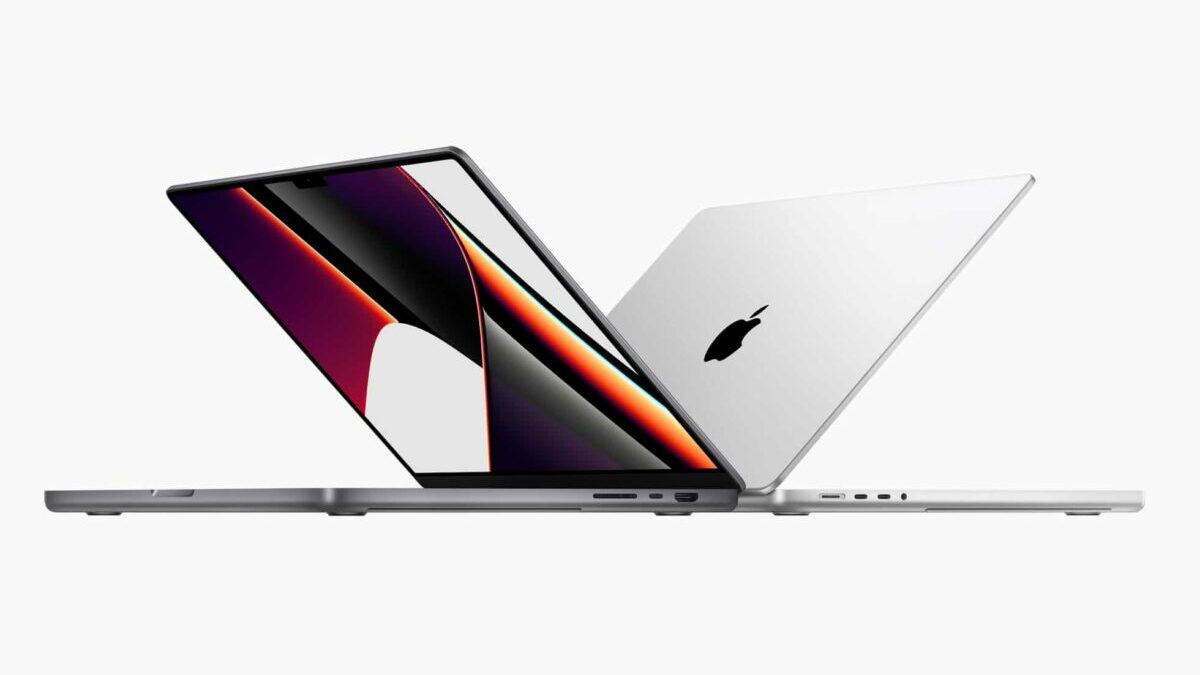According to newly released specifications for Apple’s 14-inch and 16-inch MacBook Pros with M1 Pro and M1 Max chips, the new laptops have slower Wi-Fi than the previous generation 802.11ac Intel models despite gaining Wi-Fi 6 support.

Apple’s new MacBook Pro models feature slower Wi-Fi than its Intel-based models
As spotted by graphic designer Anton Bulzomi (via 9to5Mac) the M1 MacBook Pro supports a maximum PHY data rate of 1200 Mbps when connected via 802.11ax@5 GHz. In contrast, the 2017-2019 Intel MacBook Pros support a PHY data rate of 1300 Mbps when connected via 802.11ac@5 GHz.
The difference is more notable when both are on 802.11ac. The previous-generation MacBook Pros will reach 1300 Mbps while the new 14-inch and 16-inch MacBook Pros reach a maximum data rate of 866 Mbps. The speed gap is likely due to the M1 MacBook Pro’s support for a maximum of two spatial streams versus the Intel-based model’s support for three.
While this may seem like a notable downgrade, you should not worry much. Bulzomi conducted a few tests which revealed that there is only a slight speed difference between the old and new Macs. Wi-Fi speed can be impacted by a number of factors so it is unlikely you will notice a significant difference when using the new MacBook Pros in day-to-day use.
The much-awaited 14-inch and 16-inch MacBook Pro models were unveiled at Apple’s virtual ‘Unleashed’ event alongside third-generation AirPods and new color options for HomePod mini. These new powerful machines feature M1 Pro and M1 Max chips, an updated design, a mini-LED Liquid Retina XDR display with 120Hz ProMotion technology, MagSafe 3 charging, 1080p camera, 6-speaker audio, studio-quality mics, SD-card slot, and HDMI port, and more.
Read more:
- Gaming on M1 Max and M1 Pro – GTA V, CS GO, and other games tested on MacBook Pro
- M1 Pro and M1 Max Geekbench and Cinebench benchmarks show how fast they are [U: GFXbench 5]
- M1 Max vs Nvidia RTX 3080 comparison shows Apple lags in gaming benchmarks
- 16-inch M1 Max MacBook Pro is a power house, says professional photographer Austin Mann
- Apple’s M1 Max outperforms AMD Radeon Pro W6900X in Affinity GPU benchmark
- M1 Pro and M1 Max analysis reveals the new chips vastly outperform competitors